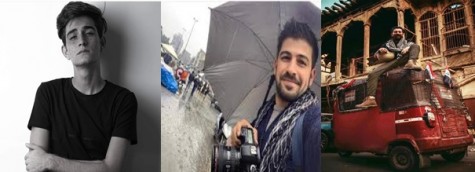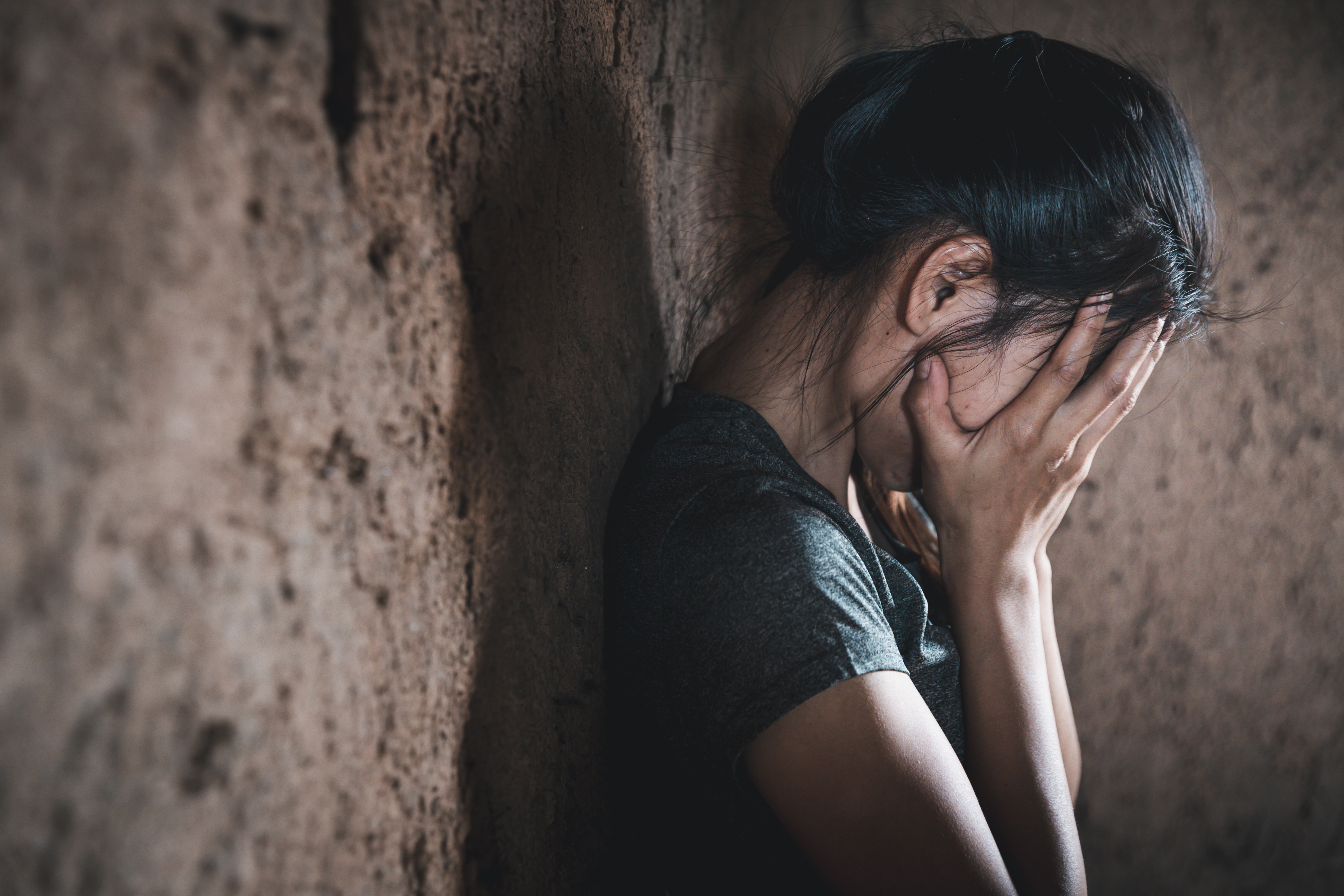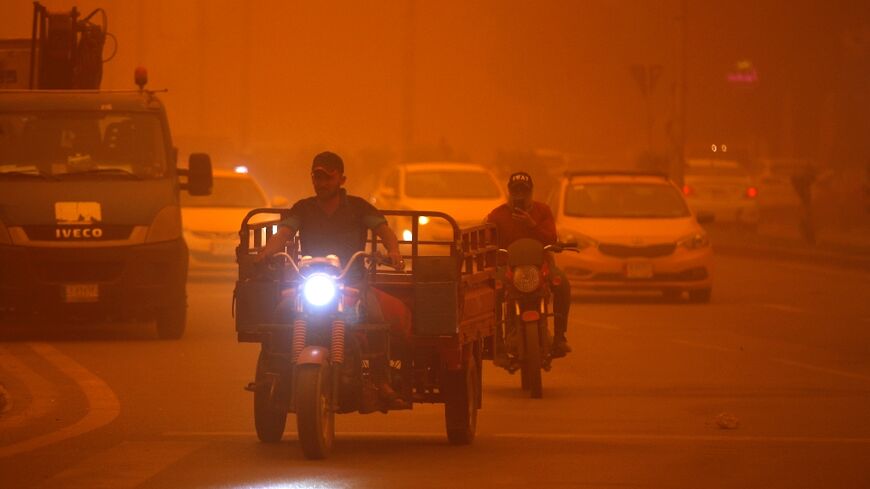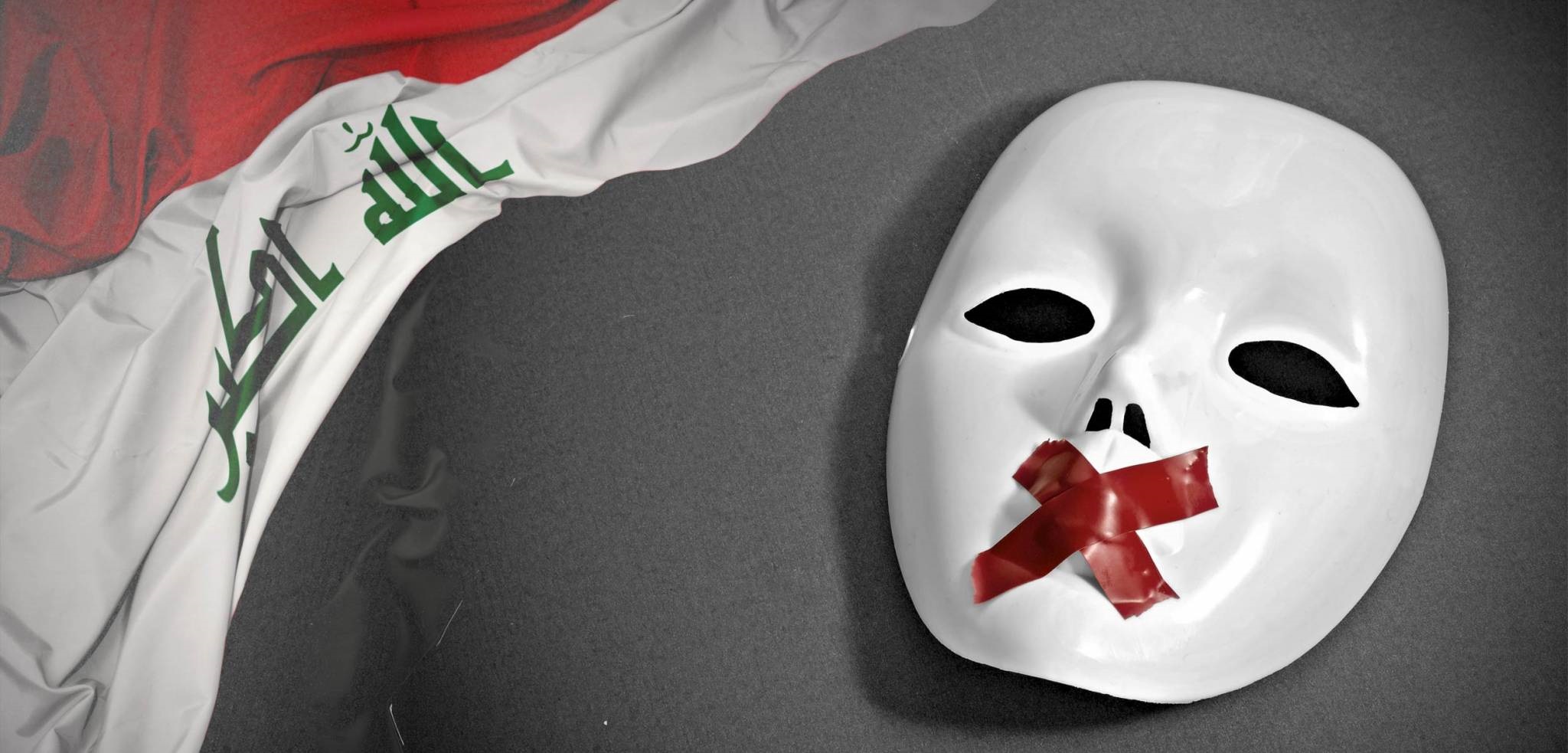As protests continue in Iraq, three photojournalists were targeted during a day of violence, with one photojournalist killed, one wounded and yet another kidnapped.
The incidents happened during one of the most violent days in Iraq, when militants attacked protesters in Baghdad on 06 December 2019. The Gulf Centre for Human Rights (GCHR) renews its appeal to the Iraqi authorities to ensure journalists and photographers can do their jobs without reprisals, thus protecting the right to freedom of expression.
On 06 December 2019, armed militias in pick-up trucks and minivans stormed Al-Khilani Square, which was followed by an attack on the Al-Sinak bridge garage, during which militants armed with Kalashnikov rifles randomly fired at peaceful protesters resulting in the deaths of 25 demonstrators and 130 injured, according to official reports. The coordinated attacks took place under cover of darkness after the electricity to the area was cut.
The attack was sudden and brutal and stunned people who had expected to be able to protest peacefully in the wake of the Prime Minister’s resignation.
During the attack on Al-Khilani Square, photojournalist Ahmed Muhanna Al-Lami (photo in the centre) was shot from behind, killing him on the spot, according to a paramedic who treated him. Al-Muhanna is a war photographer who covered the war with Da’esh for years, after which he participated in the protests of Tahrir Square, which he also photographed.
At the same time, during the attack by armed militias near the Al-Sinak bridge garage, photojournalist Ali Kanaan Shuhani (photo on the left) suffered an injury to the head that required urgent surgery. The operation was successful, and he is in stable condition at the hospital.
Shahani participated in demonstrations in Al-Tahrir Square from the beginning and was a member of the anti-smokers team, which was in charge of trying to stop tear gas bombs. He was injured in the stomach on 30 October 2019 but he returned to the demonstrations one day after his injury.
Early yesterday before the attacks, at four in the morning, four masked gunmen in a black Kia Sportage picked up photojournalist Zaid Al-Khafaji (photo on the right) near his house in the Cairo neighbourhood of Baghdad after he returned from Tahrir Square, and took him to an unknown destination. Al-Khafaji covered all the events of the demonstrations in Tahrir Square and the nearby areas, including the clashes between the riot police and demonstrators.
The Iraqi Observatory for Human Rights (IOHR), Iraqi Network for Social Media (INSM), the Gulf Centre for Human Rights (GCHR), and PEN Center in Iraq strongly condemn the excessive use of lethal force by the Iraqi authorities and armed groups against peaceful people and demands that they cease all violence immediately and protect peaceful demonstrators throughout the country transparently and seriously.
The Iraqi authorities must uphold the country’s international obligations to protect the right to life of its citizens, among other human rights, including by addressing the recommendations of Iraq’s Universal Periodic Review (UPR), which took place at the United Nations in November 2019.
The Iraqi Observatory for Human Rights (IOHR), Iraqi Network for Social Media (INSM), the Gulf Centre for Human Rights (GCHR), and PEN Center in Iraq call upon the Iraqi authorities to immediately and unconditionally:
1. Fulfill its international obligations to protect human rights, through the UPR and other mechanisms, in particular, to respect the civil and human rights of all citizens of Iraq, including by protecting their right to peaceful demonstration throughout the country;
2. Ensure that armed militants are not able to attack protests in any form;
3. Conduct independent, impartial, thorough and prompt investigations into the lethal force used by militants against demonstrators, to disseminate the results and bring those responsible to justice by international standards;
4. Release all peaceful protesters, journalists and human rights defenders who have been detained, including those who have been kidnapped by armed groups;
5. Respect and protect the right of all the citizens of Iraq to access the Internet and information on and offline, which should be considered the most basic human right; and
6. Ensure that all human rights defenders, journalists and bloggers in Iraq can operate without fear of harm.




